Understanding New World Order Theories
What is the New World Order?
The term “New World Order” (NWO) refers to a conspiracy theory that posits that a secretive elite is plotting to eventually rule the world through an authoritarian global government. Proponents believe this agenda is advancing, stealthily manipulating nations for power and profit. The origins of NWO theories are complex, intertwining historical events, political maneuvers, and societal fears.
Historical Roots of New World Order Theories
The seeds of the New World Order concept can be traced back to significant historical events. Post World War I, the League of Nations was introduced with an ambition for collective security and peace—it ultimately failed. The aftermath of World War II saw the establishment of the United Nations, which aimed to promote international cooperation. Some theorists argue that such organizations indicate a move toward one global governance system.
The Cold War era further intensified the belief in secret societies and hidden agendas. Events such as the assassination of John F. Kennedy and the Watergate scandal fueled suspicions about government transparency, perpetuating the thought of elite manipulation.
Key Tenets of New World Order Theories
-
Global Governance: A central idea is that powerful elites are striving for a single global government that diminishes national sovereignty. Institutions like the IMF, World Bank, and WTO are often cited as instruments for this unification.
-
Control of Resources: Theories assert that elite entities aim to control natural resources, food supply, and even population growth through orchestrated crises, including pandemics.
-
Surveillance and Control: Proponents argue that increased surveillance technologies, such as facial recognition and data tracking, are steps toward total societal control, producing a populace that complies with directives.
-
Societal Manipulation: NWO theorists frequently assert that social movements, crises (like climate change), and changes in policy are deliberately steered to guide societies towards acceptance of authoritarian measures.
-
Use of Technology: The rise of technologies like Artificial Intelligence and biotechnology is believed to be harnessed by elites to maintain control, eroding individual freedoms.
Prominent Theories and Claims
-
The Illuminati: Often cited in discussions of the NWO, the Illuminati is alleged to be a clandestine society continuing its mission of world domination that allegedly began in 1776.
-
Freemasons: This ancient fraternal organization is frequently linked with the NWO. Claims assert they engage in secretive practices aimed at global influence, often depicted in popular media and literature.
-
Agenda 21 and Sustainable Development: Critics claim that sustainable development frameworks like Agenda 21 (now Agenda 2030) serve as cover for the establishment of draconian global governance measures under the guise of environmental protection.
-
The COVID-19 Pandemic: The emergence of the coronavirus pandemic is cited by some as a pivotal moment for advancing NWO agendas, alleging that it provided a pretext to implement extensive controls on civil liberties worldwide.
Evidence and Criticism
While NWO theories enjoy a degree of popularity, they are often met with skepticism. Critics argue that many claims lack robust evidence and rely heavily on anecdotal or misinterpreted information.
Prominent scholars of political science often suggest that events which appear conspiratorial can generally be explained by political incompetence, economic interests, and sociocultural dynamics rather than coordinated schemes by a shadowy elite.
Psychological and Societal Roots
The allure of NWO theories may also be psychologically rooted. They provide explanatory frameworks during uncertain times, allowing individuals to make sense of complex socio-political landscapes. This need for clarity can lead toward scapegoating, where real socio-economic disparities are attributed to conspiratorial actors rather than systemic issues.
The Role of the Internet and Media
The internet has significantly impacted the proliferation and development of NWO theories. Social media platforms have enabled rapid sharing and discussion of conspiracy theories, often creating echo chambers for like-minded individuals. This explosive dissemination of information complicates the distinction between fact and fiction, as sensational claims can overshadow empirical evidence.
Mainstream Reactions
In academic circles, NWO theories are often dismissed as fringe beliefs, yet they pose interesting questions about authority, trust, and transparency in governance. For instance, public figures or politicians denying these theories can inadvertently lend credence, as their dismissals may not adequately address underlying public grievances.
Conclusion of Academic Perspectives
From a scholarly perspective, the New World Order theories illustrate broader concerns about power dynamics, control, and governance. While evidence supporting these theories remains scarce, they reflect real societal anxieties about globalism, surveillance, and a changing world order that millions feel they have little control over.
Importance of Critical Thinking
Navigating discussions about the New World Order requires critical thinking and a willingness to engage with complex realities. By examining both claims and counterclaims, individuals can strive to discern fact from fiction and contribute meaningfully to civic discourse.
Final Thoughts
In exploring New World Order theories, it is vital to maintain an analytical stance, recognizing that, while the concepts may appear outlandish, they reflect deeper societal unease. Consequently, thorough understanding necessitates an investigation of both historical contexts and contemporary realities.
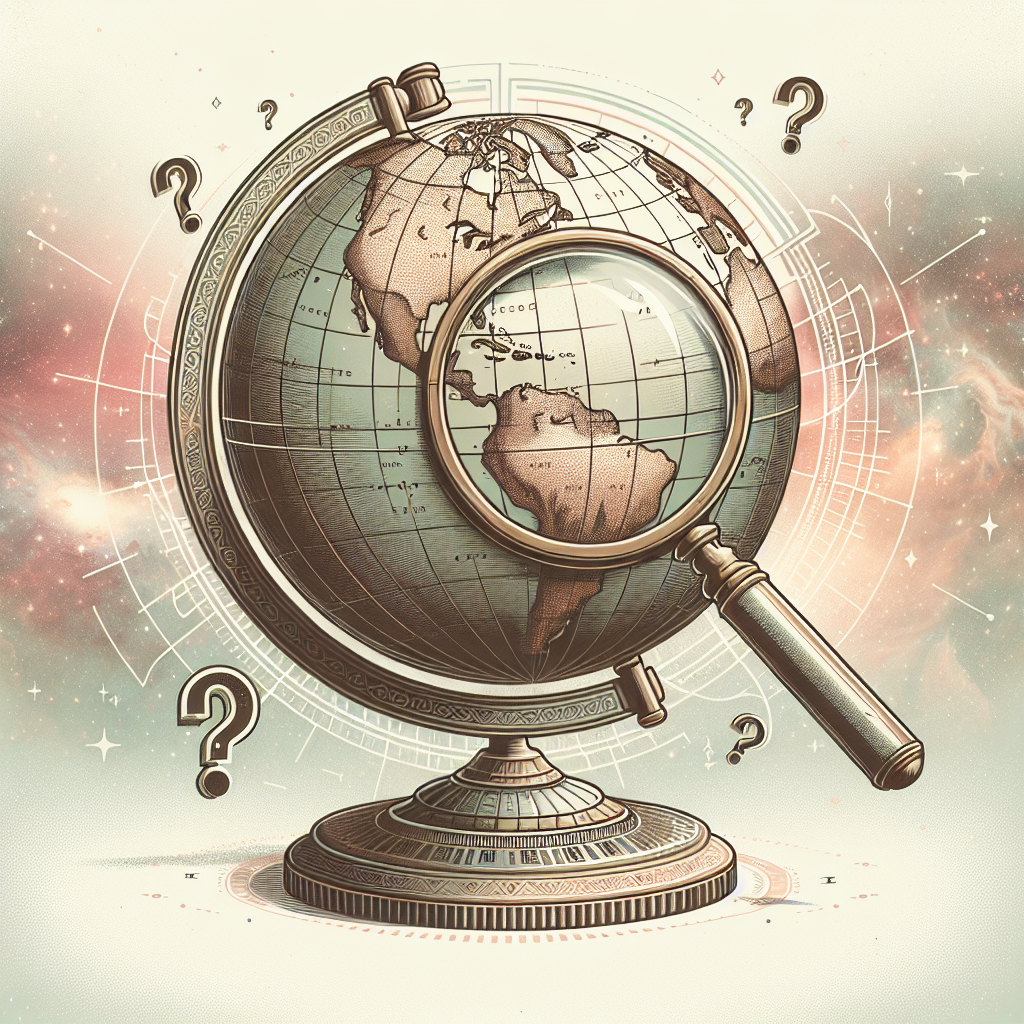


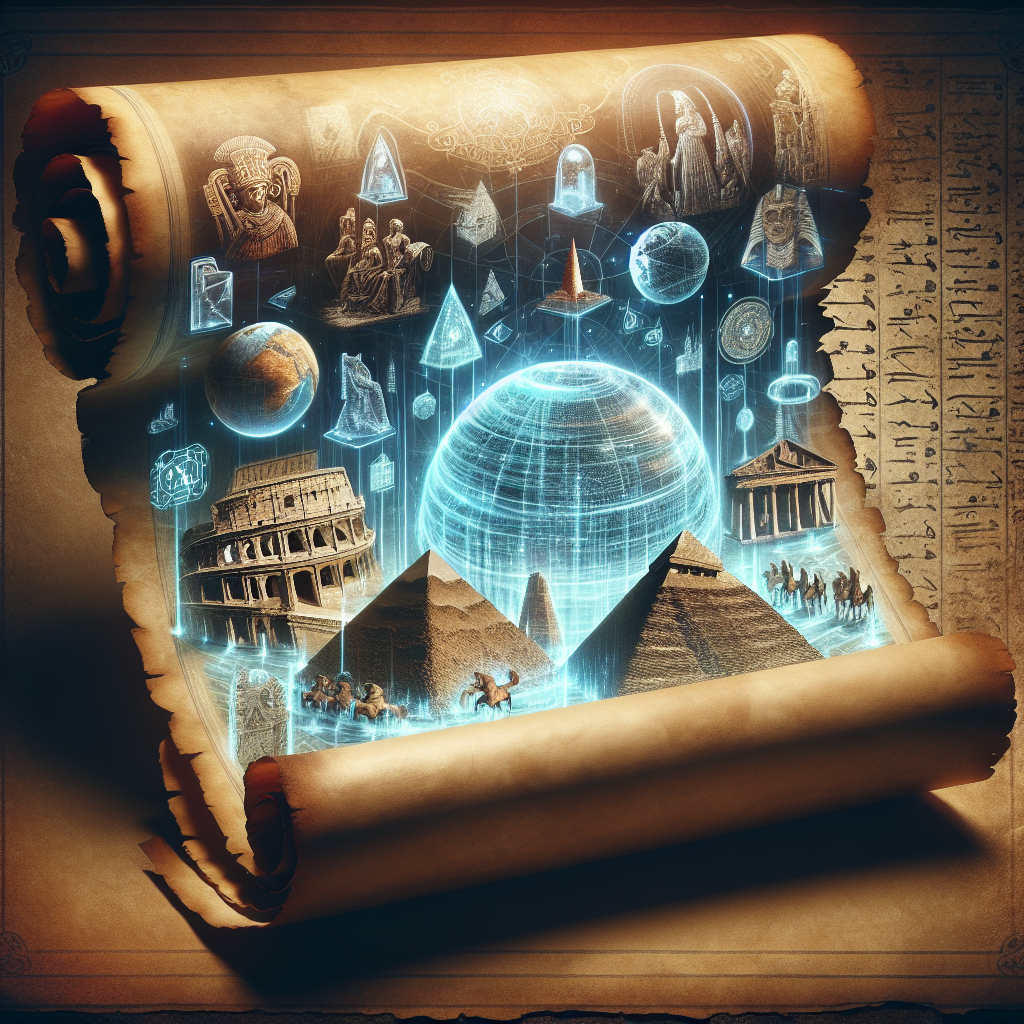

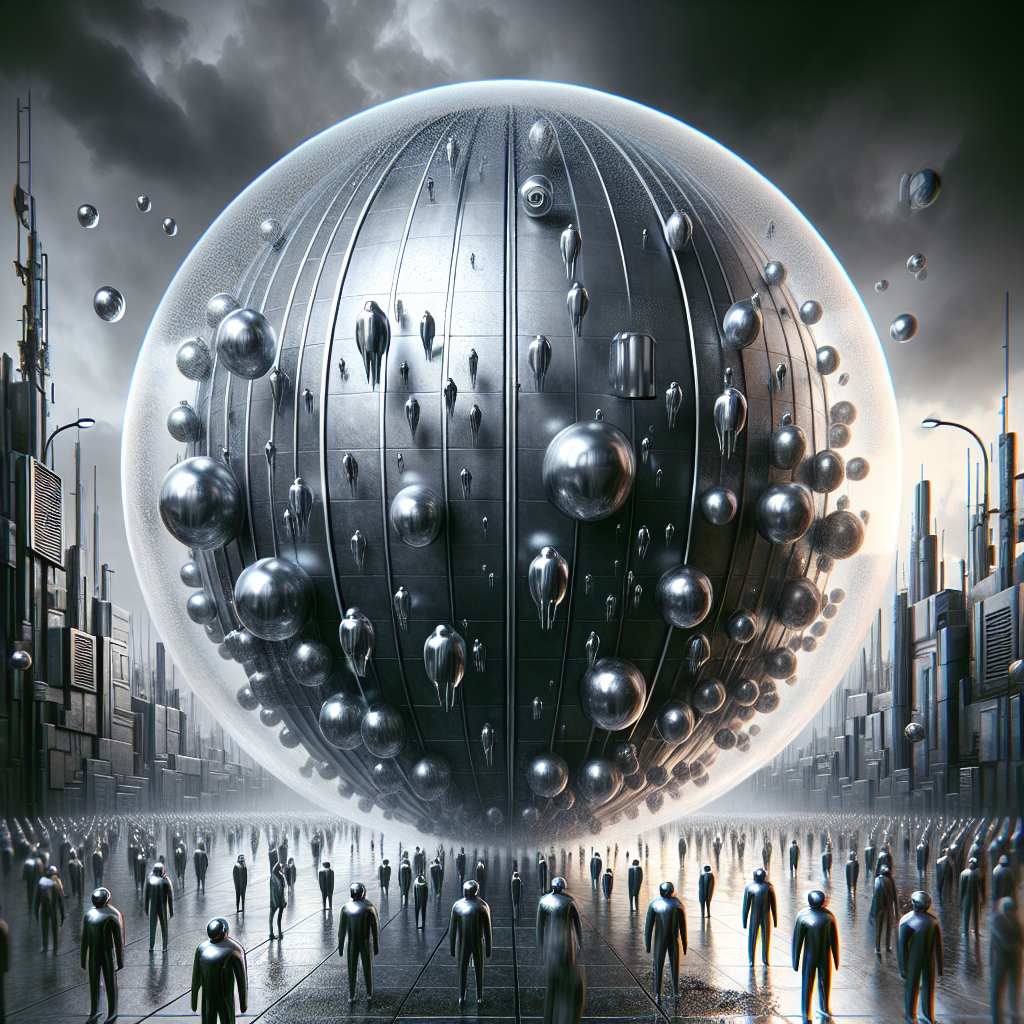

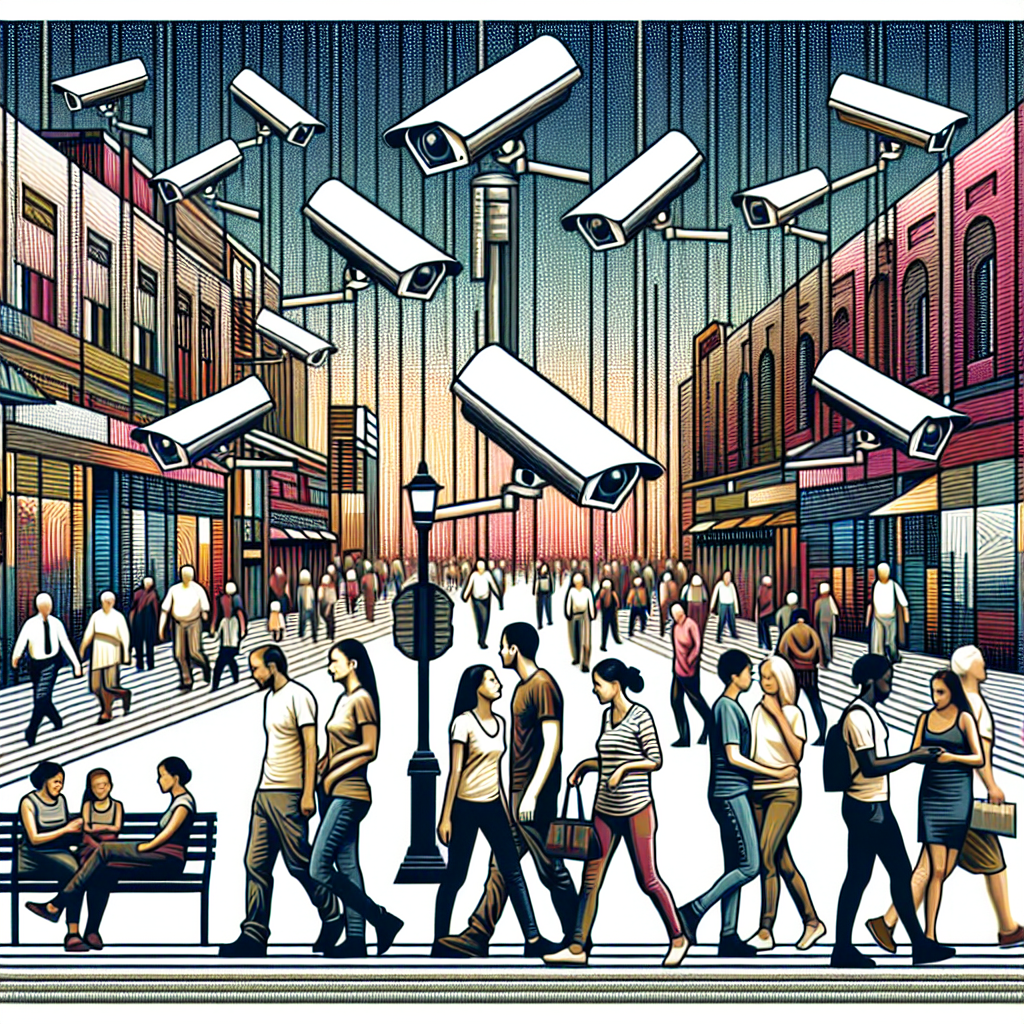

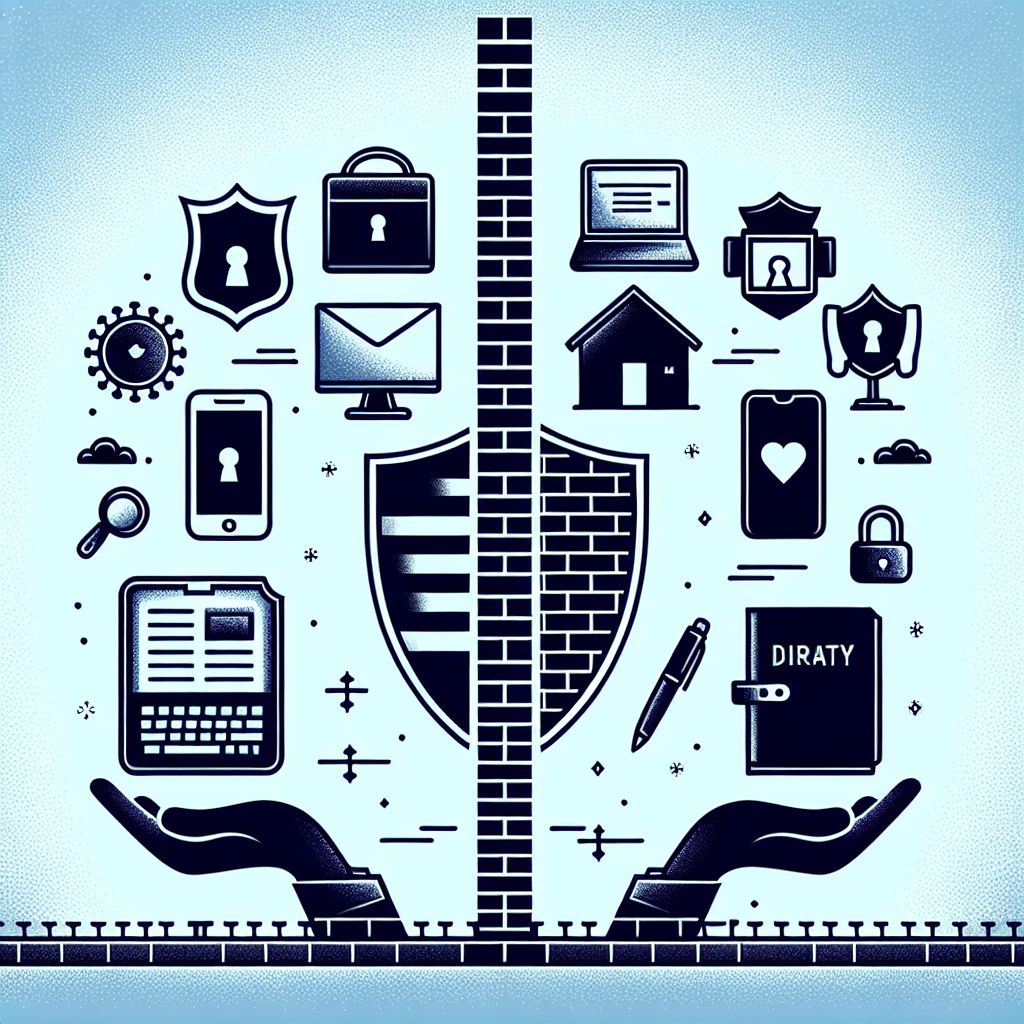
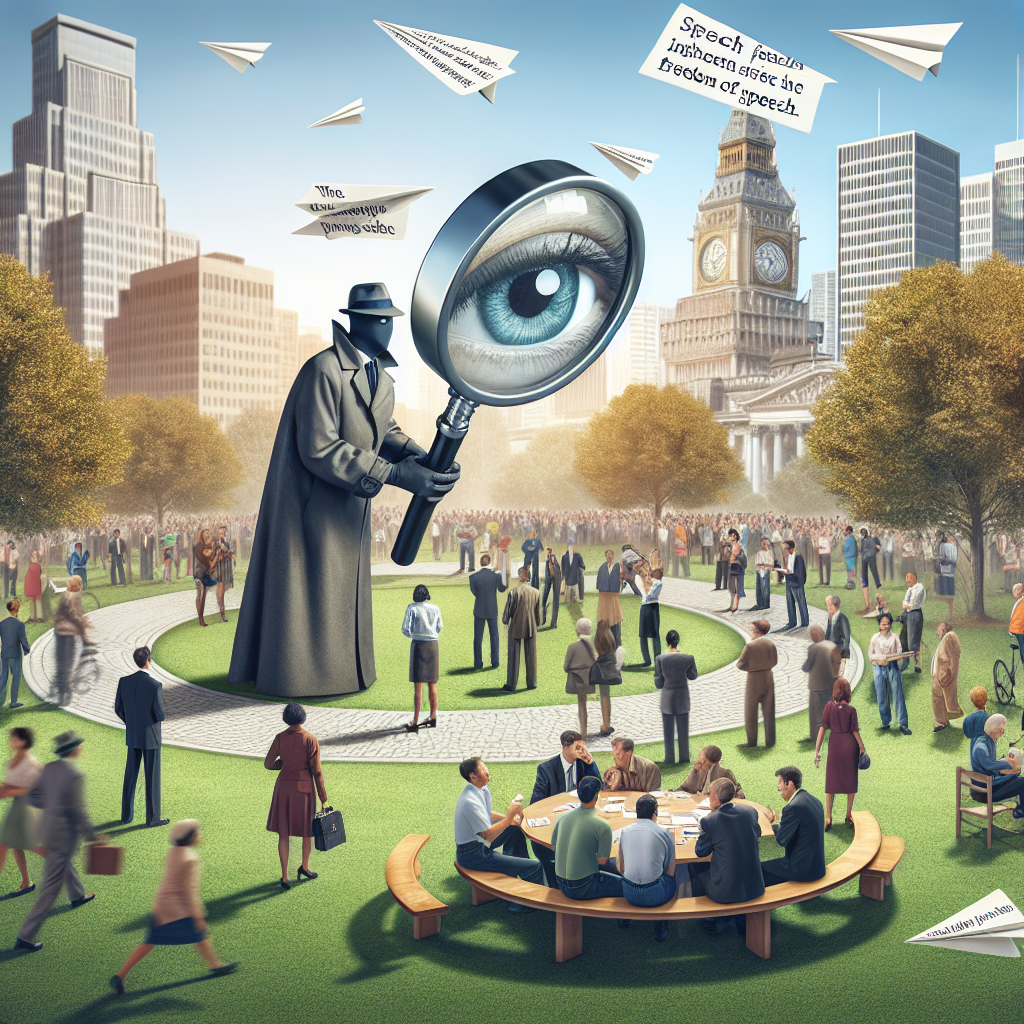


Leave a Reply